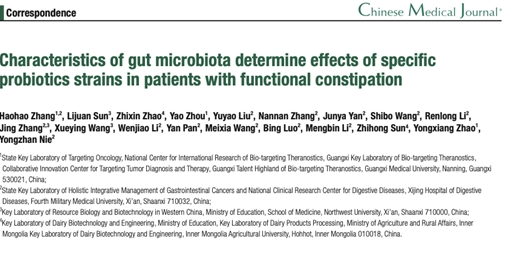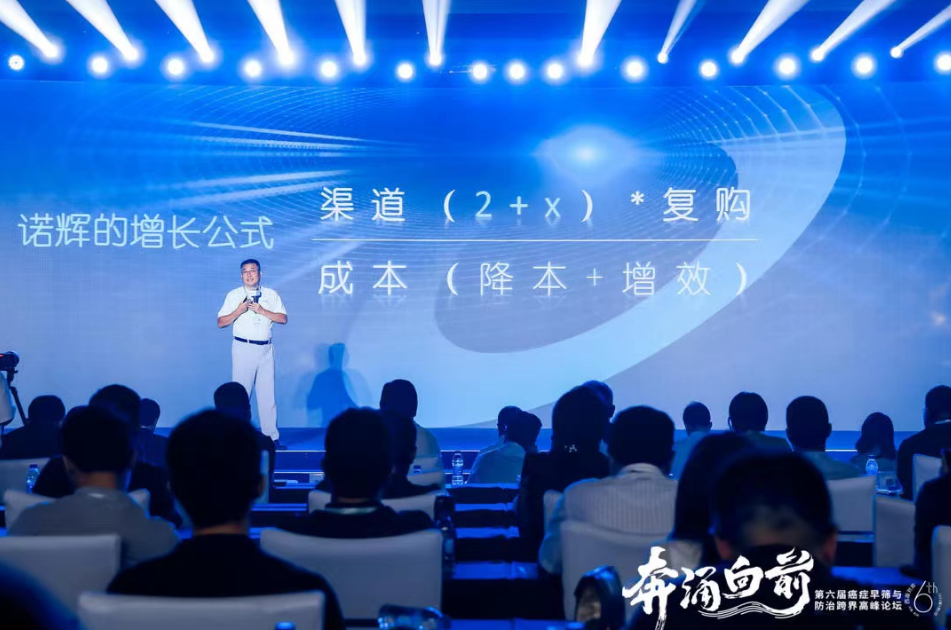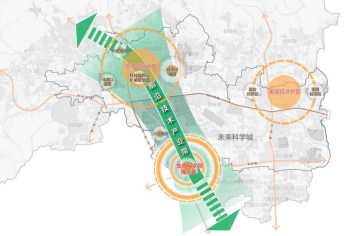导读:根据一项最新研究,博士生们往往会丧失对于他们最初职业选择的兴趣,然而学术界却并不很支持他们获得其他的职业选择。

在科学领域,大部分的博士生都是怀着能在一所学院或大学拥有终身任职的梦想而开始他们的研究的。然而最终却只有少数(不到四分之一)的人可以继续在这一职业生涯道路上前行。由于这个原因,有些人认为大学需要重新审视学术顾问该如何就职业机会展开讨论,并指导他们的学生做出选择,在某些情况下更改课程以更好地考虑到学生的人生目标。
在这篇发表于《公共科学图书馆—综合》(PLoS ONE)的论文中,来自乔治亚理工学院的管理学教授Henry Sauermann通过调查博士生们对于从学术界、政府到企业界各种职业选择的兴趣来研究了这一问题。结果他发现生物、化学和物理学的学生往往会在他们的求学过程中丧失对于教师和研究工作的兴趣。
根据Sauermann所说,因为可获得的学术工作数量有限,且大量学生都对这些工作感兴趣,因此大部分人都改变了他们的职业路径以达到更好地就业。然而,新研究表明学生们感觉对于学术研究之外的职业所知甚少。Sauermann认为需通过在开始博士计划之前或过程中获得更好的教育来解决这一问题。
“这是人们做出的一个重要投资,通过获得社会的资助他们度过了几年的研究所生涯,并需考虑最后如何发挥所长,”Sauermann说。
具体来说,生物学博士竞争最激烈。根据美国国家科学基金会(National Science Foundation)统计,只有14%的生物科学博士生能在毕业后4-5年内获得终身职位。相比于21%的物理学家和23%的化学家,这一低数值反映了生物科学博士生狭小的工作范围。
“即便有很多的职位,然而鉴于渴望获得它们的人数,能够得到这些职位的机会也是相当珍贵的,”Sauermann说。
为了改善这一体系,更好地培养学生利用他们的技能获得就业机会,Sauermann认为需要开展更多的研究来了解为何学生们会改变他们的职业兴趣,以及科学教育、研究和劳动力的潜在影响。
与此同时,学术顾问要继续推动学术职业,Sauermann认为当前的“功能失调”加剧了劳动力失衡。这些顾问负责的不应该只是学生的研究项目。“他们还有一个作用,就是规划职业决定和职业概念,”Sauermann说。

 Science PhD Career Preferences: Levels, Changes, and Advisor Encouragement
Science PhD Career Preferences: Levels, Changes, and Advisor Encouragement
Henry Sauerman, Michael Roach
Even though academic research is often viewed as the preferred career path for PhD trained scientists, most U.S. graduates enter careers in industry, government, or “alternative careers.” There has been a growing concern that these career patterns reflect fundamental imbalances between the supply of scientists seeking academic positions and the availability of such positions. However, while government statistics provide insights into realized career transitions, there is little systematic data on scientists' career preferences and thus on the degree to which there is a mismatch between observed career paths and scientists' preferences. Moreover, we lack systematic evidence whether career preferences adjust over the course of the PhD training and to what extent advisors exacerbate imbalances by encouraging their students to pursue academic positions. Based on a national survey of PhD students at tier-one U.S. institutions, we provide insights into the career preferences of junior scientists across the life sciences, physics, and chemistry. We also show that the attractiveness of academic careers decreases significantly over the course of the PhD program, despite the fact that advisors strongly encourage academic careers over non-academic careers. Our data provide an empirical basis for common concerns regarding labor market imbalances. Our results also suggest the need for mechanisms that provide PhD applicants with information that allows them to carefully weigh the costs and benefits of pursuing a PhD, as well as for mechanisms that complement the job market advice advisors give to their current students.
文献链接:https://www.plosone.org/article/info%3Adoi%2F10.1371%2Fjournal.pone.0036307







